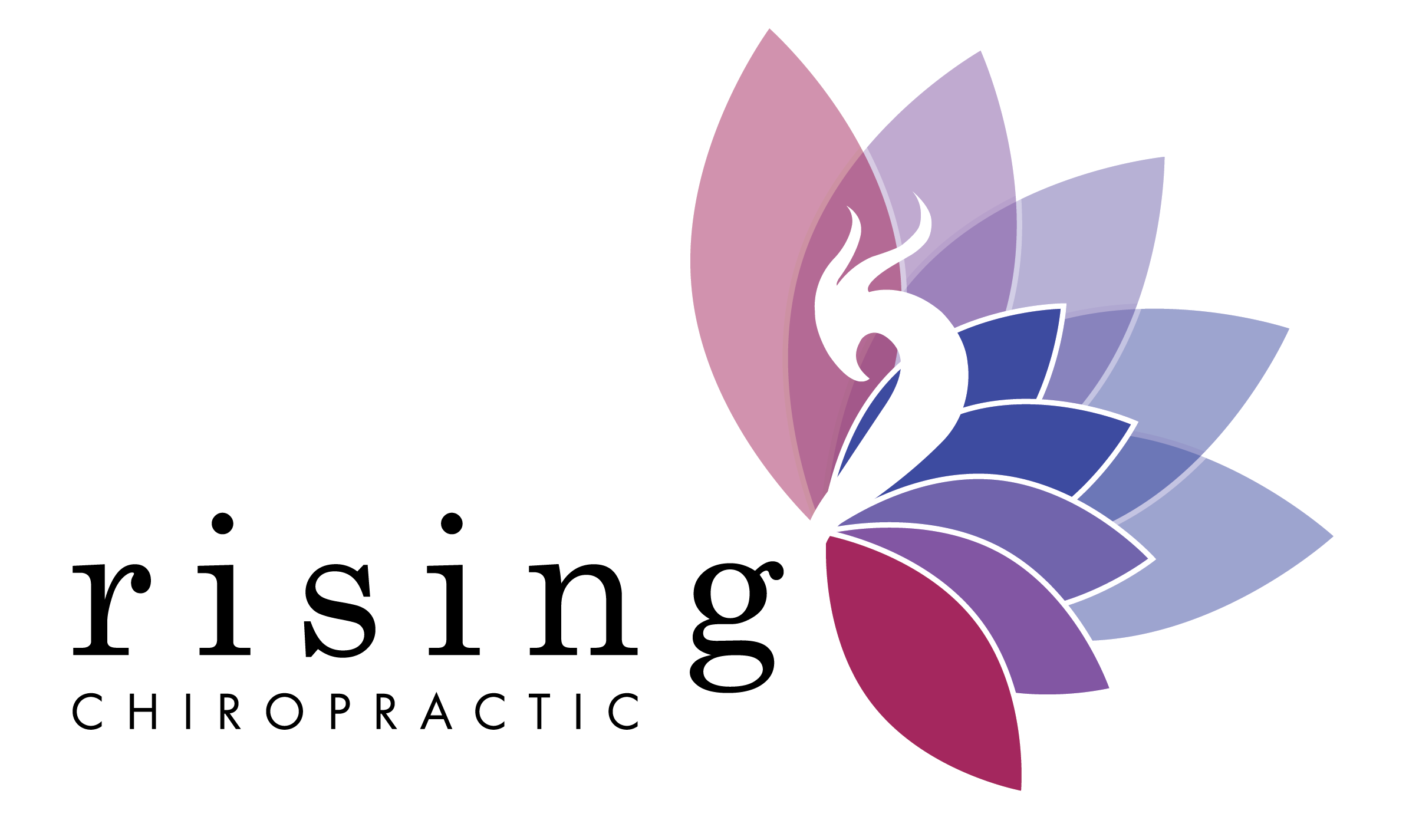Designed & Boosted by My Social State
Breastfeeding and Newborn Chiropractic Care
While breastfeeding is instinctive and innate for a newborn baby it can come with some difficulties. Many healthcare professionals overseeing a new mom and her baby, particularly those associated with the medical system, are unaware of the connection between stress on a newborn’s spine and breastfeeding difficulties. Failure to recognize the signs of structural misalignments in a newborn and lack of education on breastfeeding solutions can leave a new mother feeling overwhelmed and discouraged, abandoning her efforts to breastfeed. This is why we, at Rising Chiropractic, encourage all new mothers to have their infant evaluated for spinal and cranial misalignments as soon as possible after birth.
How does the birthing process affect breastfeeding?
A medical birthing process places a tremendous amount of stress on a newborn infant. The infant’s cranium and spine are particularly susceptible to the effects of the pulling and twisting that occurs during this process. This stress may manifest in the infant as difficulty nursing, colic, decreased bowel motility, reflux, and a host of other issues. Chiropractic care is one solution to improve or resolve many of these common breastfeeding challenges.
Because an increasing number of women and families are acknowledging the recommendations of the American Academy of Pediatrics recommendations that breastfeeding is the superior choice for their infant’s nutrition for the first six months of life (ideally continued until age one or longer), it is vital that parents and families are aware that chiropractic care for their newborn is a valid, safe, and effective option.
How does the birthing process contribute to breastfeeding challenges?
We know that between 25 and 34 percent of women report that labor and delivery was traumatic. According to PATTCh (Prevention And Treatment of Traumatic Childbirth), a traumatic birth is one where it is believed that the mother’s or baby’s life was in danger or here was a serious threat to the mother’s or baby’s physical or emotional integrity (www.pattch.org). The use of equipment, such as forceps and vacuum extractors, increases the risk of birth trauma.
Thus, it is common to sustain small misalignments in the newborn spine. These misalignments can restrict range of motion in the baby’s neck, cause biomechanical changes in the spine, and produce neurological stress. Mothers who say “my child won’t latch on one side but nurses well on the other” are experiencing the effect of these misalignments. This is a sign that the infant is having trouble rotating his or her head into the proper position necessary for suckling and swallowing. A head tilt or a gaze toward one side are also signs of imbalances in the infant’s nervous system that can affect how he or she is able to breastfeed.
How does Chiropractic help?
Chiropractic adjustments are a safe, gentle, and natural way to correct these imbalances. However, the first step is to identify the imbalances. This is done through a thorough, age-appropriate analysis, which includes palpation for spinal shifts, a detailed cranial exam, assessment of primitive reflexes, and an evaluation of visible biomechanical abnormalities and behavior. We also assess for oral tether or other potential obstacles that may require referral to other knowledgeable professionals such as a lactation specialist or pediatric dentist.
Through specific and gentle chiropractic adjustments, a chiropractor can aid in restoring normal biomechanics and nerve function necessary for optimal breastfeeding activity. The adjustments are adapted for the newborn’s delicate spine and nervous system. They consist only of exceptionally light, sustained contact (such as the pressure necessary to test a tomato for ripeness), devoid of the force required for adults.
Office visits also include education for parents and families about chiropractic and discussion of concerns upon starting care.
At Rising Chiropractic, we understand the love and bond between baby and mother, and the importance of ensuring each baby has the best start in life. We know that a healthy breastfeeding relationship is important for both mom and baby, and we take pride in fostering that relationship.
Info@risingchiropracticevans.com
PHONE
(706) 524-8077
ADDRESS
625 Ponder Place Drive #2
Evans, GA 30809

HOURS
Monday:
9:00 AM - 11:00 AM
3:00 PM - 6:00 PM
Tuesday:
2:00 PM - 6:00 PM
Wednesday:
9:00 AM - 11:00 AM
3:00 PM - 6:00 PM
Thursday:
2:00 PM - 6:00 PM
Fri, Sat, Sun: CLOSED

